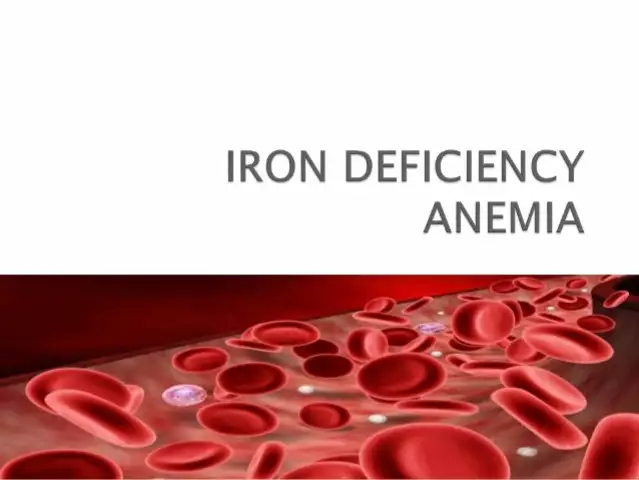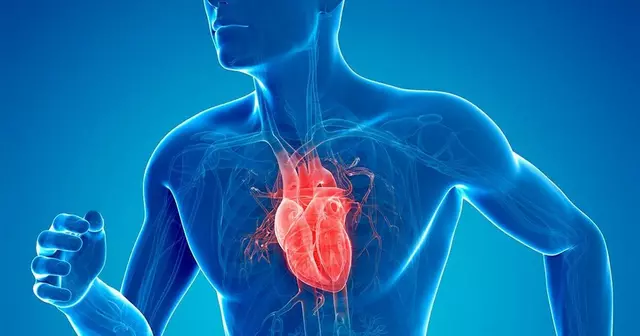Shift Work Disorder: What It Is, Why It Happens, and How to Cope
Ever feel wiped out after a night shift or struggle to fall asleep on your days off? That’s shift work disorder, a sleep problem that hits anyone who works evenings, nights, or rotating schedules. Your body’s internal clock, or circadian rhythm, expects a regular day‑night pattern. When work flips that pattern, the clock gets confused, and you end up tired, cranky, and sometimes ill.
It’s not just “being sleepy.” The disorder can raise blood pressure, mess with mood, and even increase the risk of heart disease. The good news is you can take steps to calm the clock and feel better, even if you can’t change your work hours.
Common Signs and Symptoms
People with shift work disorder usually notice these things:
- Difficulty falling asleep when you want to.
- Waking up feeling unrefreshed, even after a full night.
- Extreme tiredness during work hours.
- Rushed or shaky thinking, especially on night shifts.
- Headaches, stomach upset, or mood swings that come and go.
If these symptoms show up regularly and affect your job or relationships, it’s worth talking to a doctor. They can rule out other sleep disorders and suggest treatment options.
Practical Ways to Manage Shift Work Disorder
Here are simple actions you can start today:
- Keep a consistent sleep schedule. Try to go to bed and wake up at the same times, even on your days off. A regular routine tells your circadian rhythm when to expect sleep.
- Control light exposure. Bright lights keep you alert during night shifts. After work, wear sunglasses on the way home and keep your bedroom dark. Light‑blocking curtains help a lot.
- Take short naps wisely. A 20‑minute nap before a night shift can boost alertness without messing up nighttime sleep.
- Watch caffeine and meals. Limit caffeine to the first half of your shift and avoid heavy meals right before bedtime. Light snacks help keep energy steady.
- Exercise strategically. Light exercise after waking up can lift mood, but avoid vigorous workouts right before sleep.
- Use melatonin carefully. A low dose taken an hour before you want to sleep can cue your body, but check with a healthcare professional first.
Beyond these tricks, talk to your employer about shift rotations that give you more recovery time. Some workplaces let you choose a regular pattern that matches your personal rhythm.
If lifestyle changes aren’t enough, a doctor might suggest short‑term sleep medication or therapy that focuses on resetting your sleep‑wake cycle. Cognitive‑behavioral therapy for shift work (CBT‑SW) has shown good results for many people.
Remember, you don’t have to accept constant fatigue. By understanding why shift work throws off your clock and using these practical tips, you can protect your health and stay productive, no matter the hour.

- Sep 22, 2025
- Posted by Cillian Osterfield
Shift Work Disorder: Symptoms, Causes & Effective Treatment
Explore what shift work disorder is, its tell‑tale symptoms, why it happens, and the most effective treatment options for night‑shift workers.
Categories
- Health and Wellness (72)
- Medications (72)
- Health and Medicine (28)
- Pharmacy Services (12)
- Mental Health (9)
- Health and Career (2)
- Medical Research (2)
- Business and Finance (2)
- Health Information (2)
Latest Posts
©2026 heydoctor.su. All rights reserved





